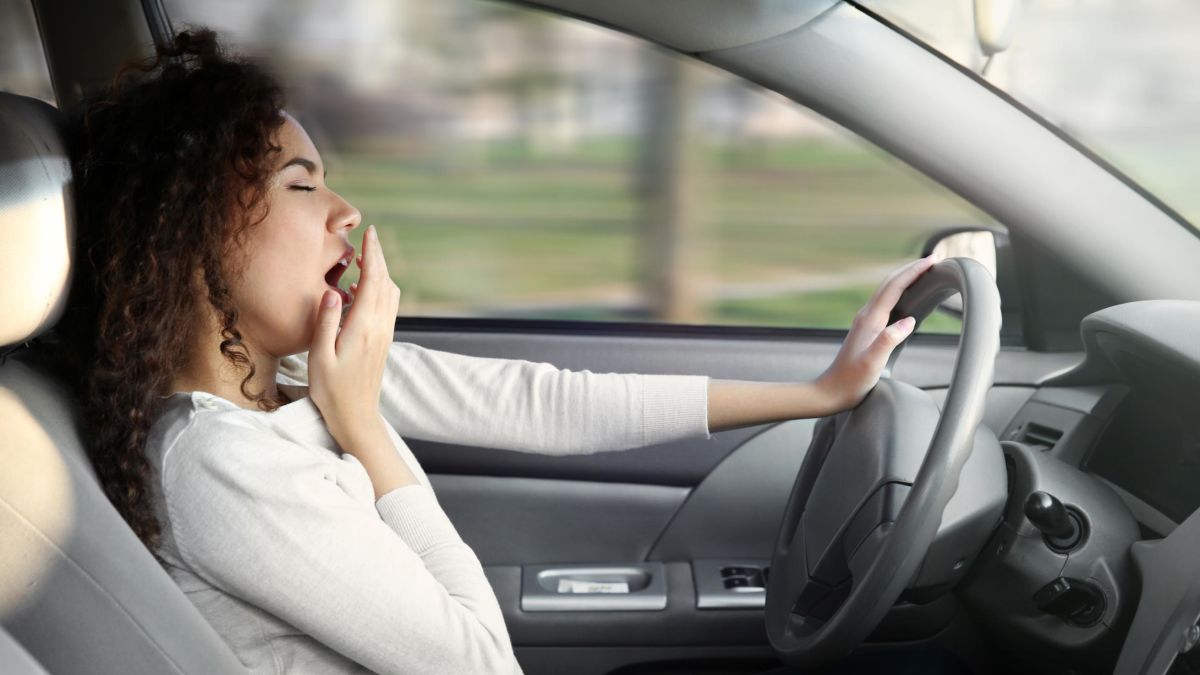

An recent news article by Krithika Varagur of the Huffington Post discusses the oft-ignored epidemic of how sleep deprivation has severe effects on performance. Staying awake for 24 hours is equivalent to having a BAC of 0.08 percent, which is legally drunk.
The evidence exists. For example, the National Sleep Foundation suggests that drowsy driving is linked to about 100,000 car crashes every year. Also, the National Highway Traffic Safety Administration determined the average number of accidents linked to sleep deprivation between 2005 and 2009 to be about 83,000 per year. Finally, studies by the American Automobile Association estimate that more than 300,000 accidents each year involve a drowsy driver, with 6,400 resulting in someone’s death.
Varagur says that despite these staggering numbers, only two states in the U.S. have any laws against “drowsy driving,” and even these are largely symbolic and tough to enforce.
Problematically, it’s difficult to prove that drowsy drivers were, in fact, asleep at the wheel while driving. “The burden of proof in drowsy driving cases falls almost totally on police officers,” Jeff Evans, program manager of the National Sleep Foundation, told Varagur of The Huffington Post. “Barring a confession from the accused driver, it is very difficult to prove that someone was sleep-deprived.”
New Jersey became the first state to pass drowsy driving legislation in 2003 with “Maggie’s Law,” which says that if a driver kills someone after not sleeping for more than 24 hours, the driver can be charged with vehicular homicide. “Maggie’s Law” was the result of a campaign by Carole McDonnell, whose daughter Maggie was killed in a 1997 car crash by a van driver who had smoked crack and hadn’t slept in 30 hours. The driver’s case resolved with him paying a $200 fine because the jury could not consider driver fatigue as a factor of guilt.
Again, however, the law is difficult to enforce because it requires the driver to admit sleeplessness in court. Also, there’s no test yet to prove someone is sleep-deprived. In the decade since the law’s passage, only one person has been prosecuted under it for driving while fatigued.
In 2013, Arkansas passed a similar law that allows the state to charge a driver with “negligent homicide” in a fatal crash if the driver hasn’t slept in 24 hours.
At the moment, the issue of drowsy driving lacks the strong political will that drunk driving had. Mothers Against Drunk Driving helped reduce alcohol-related accidents dramatically in the 1980s, and in the 1990s, Harvard public health professor Jay Winsten led a national “designated driver” campaign to popularize one possible solution for the drunk driving crisis. Both these efforts elevated the problem of drunk driving in the American public consciousness.
My opinion? It’s terrible to say, but I don’t know if criminalizing this behavior through legislation is the proper solution. Again, “drowsy driving” is very hard to prove unless a police officer or witness actually saw the driver asleep. And although police might get the driver to admit they were sleeping, these incriminating statements can be suppressed, explained away or justified at trial.
There’s a range of opinions on how best to address the problem, and not all of them include legislation.
Please contact my office if you, a friend or family member are charged with a crime. Hiring an effective and competent defense attorney is the first and best step toward justice.






